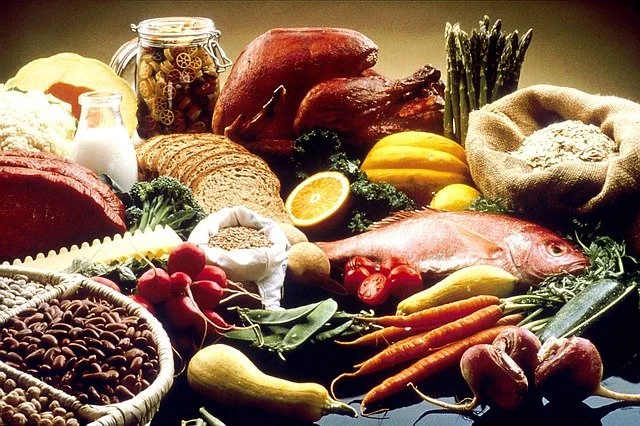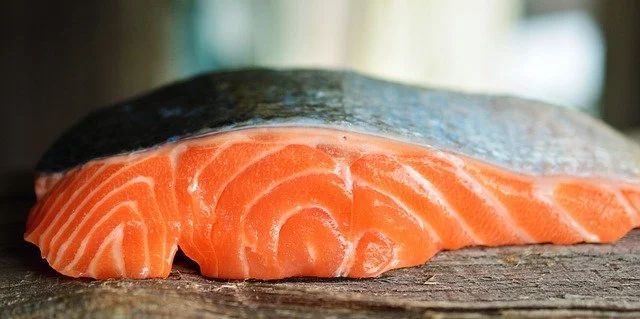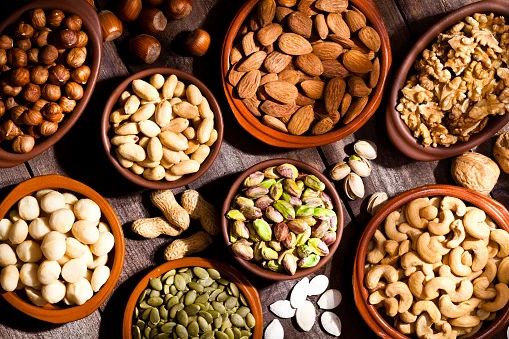5+ products to help you cope with the autumn blues

In autumn, along with the cool weather and slush, comes the blues, accompanied by bad mood, insomnia, anxiety, loss of appetite and other “amenities.” You can cope with this condition with the help of food rich in tryptophan – an amino acid that affects the production of serotonin (“the hormone of good mood”) and melatonin (“sleep hormone”). Here are some foods to help you beat the autumn blues.
Turkey

In addition to tryptophan, turkey meat is rich in protein, B vitamins, phosphorus and zinc. Also, turkey breast is a dietary product that can be consumed even by those who carefully monitor the figure and calorie content of the diet.
Many people think that turkey causes drowsiness, but the urge to sleep after eating is most likely due to overeating and not a specific meat type.
Eggs
Eggs, like turkey, are rich in the essential amino acid for mood and vitamins A, B12, selenium, and protein. In addition, egg yolks contain choline, a nutrient that is especially important for pregnant women to help prevent fetal neural tube defects and promote the development of the baby’s brain.
Salmon

Salmon is a source of omega-3 fatty acids and vitamin D, which, like tryptophan, can improve mood, sleep and brain function
Seeds
Pumpkin seeds, flax seeds and chia seeds can help those who do not consume animal protein defeat the autumn blues. In addition to tryptophan, they contain antioxidants, fibre, and omega-3 fatty acids. The seeds can be added to salads, yoghurts, cereals, smoothies, and baked goods.
Nuts

Nuts, like seeds, can increase serotonin levels in vegans and vegetarians. In addition, they can provide plenty of quality plant protein, monounsaturated fats, vitamins and minerals. Experts recommend consuming no more than 100 grams of nuts per day since they are very high in calories.
Dairy products
Milk and dairy products such as cottage cheese, kefir, fermented baked milk, sour cream, yoghurt and cheese are rich in tryptophan, calcium, vitamins A, D, and E.
Regular milk consumption is a great way to improve digestion, strengthen immunity, and support healthy bones and joints. However, if you are lactose intolerant or allergic to milk protein, you should not eat dairy products.




